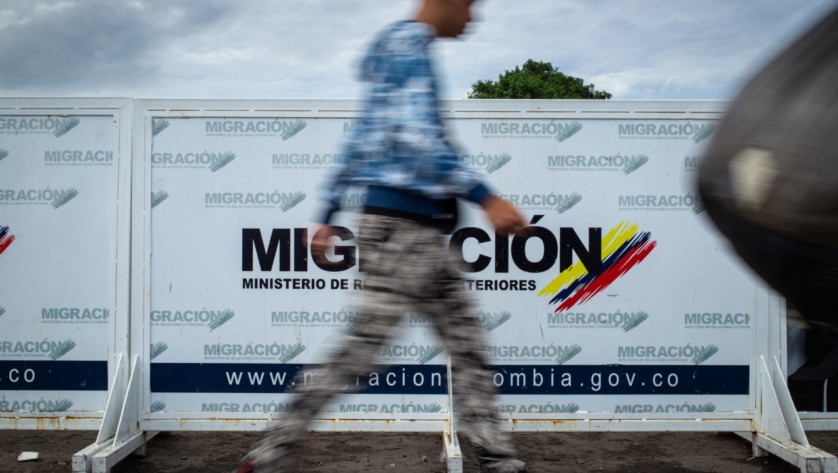In our second episode, hosts Malcolm Lucard and Irina Ruano talk with Oleksii Cherednichenko, who shares his perspective on some of the most inspiring work done by volunteers during the conflict. One of the first examples, says Cherednichenko, volunteer coordinator for the Ukraine Red Cross, was when the Ukraine Red Cross emergency response teams delivered humanitarian aid to people sheltering from air raids in underground metro stations in Kyiv.
“Our emergency response teams received permission to get inside and they distributed food and water, among others things, to hundreds of people in 18 metro stations,” he recalled. “Another example is when our volunteers delivered supplies with bicycles, travelling up to 50 kilometres in one direction to deliver medicine and food to people in need.”
Cherednichenko says the challenges have been enormous but the volunteers are undaunted. “Their response to the misery created by the armed conflict remains our top priority,” says. “But we won’t allow our future and our dreams to be dictated by war and war alone.”
We also talk with Basil Flayes, who was studying at the University of Aleppo in the Faculty of Fine and Applied Arts when the conflict broke out. After graduating with an art degree in 2014, he volunteered at the Syrian Arab Red Crescent (SARC) doing art and design work for their communications team. In 2016, RCRC magazine asked him to design a cover for the magazine. He produced this powerful comic book style image for our cover story entitled “Humanity under fire,” which examined attacks against humanitarians and health care workers in conflict situations. The image shows a SARC volunteer rescuing a wounded person while raising the Red Crescent emblem in hopes of ensuring the person’s safety — something he saw his friends at SARC do almost every day.
“My friends who were the volunteers in the Red Crescent were working hard and risking their lives to save the sick and injured in that area, and transport food supplies and medical materials,” he says. “So the cover of the magazine was talking about the idea of crossing the area that separated the conflicted areas in Aleppo. At the time, I called it ‘The crossing of life.’”
“Humanity and art have a deeply intertwined relationship that has existed for thousands of years,” he tells us. “You feel the suffering of others, so you go to help. This is humanity, to feel the pain of others, and art conveys those feelings.”
 Red Cross Red Crescent magazine
Red Cross Red Crescent magazine 







 Tech & Innovation
Tech & Innovation Climate Change
Climate Change Health
Health Migration
Migration